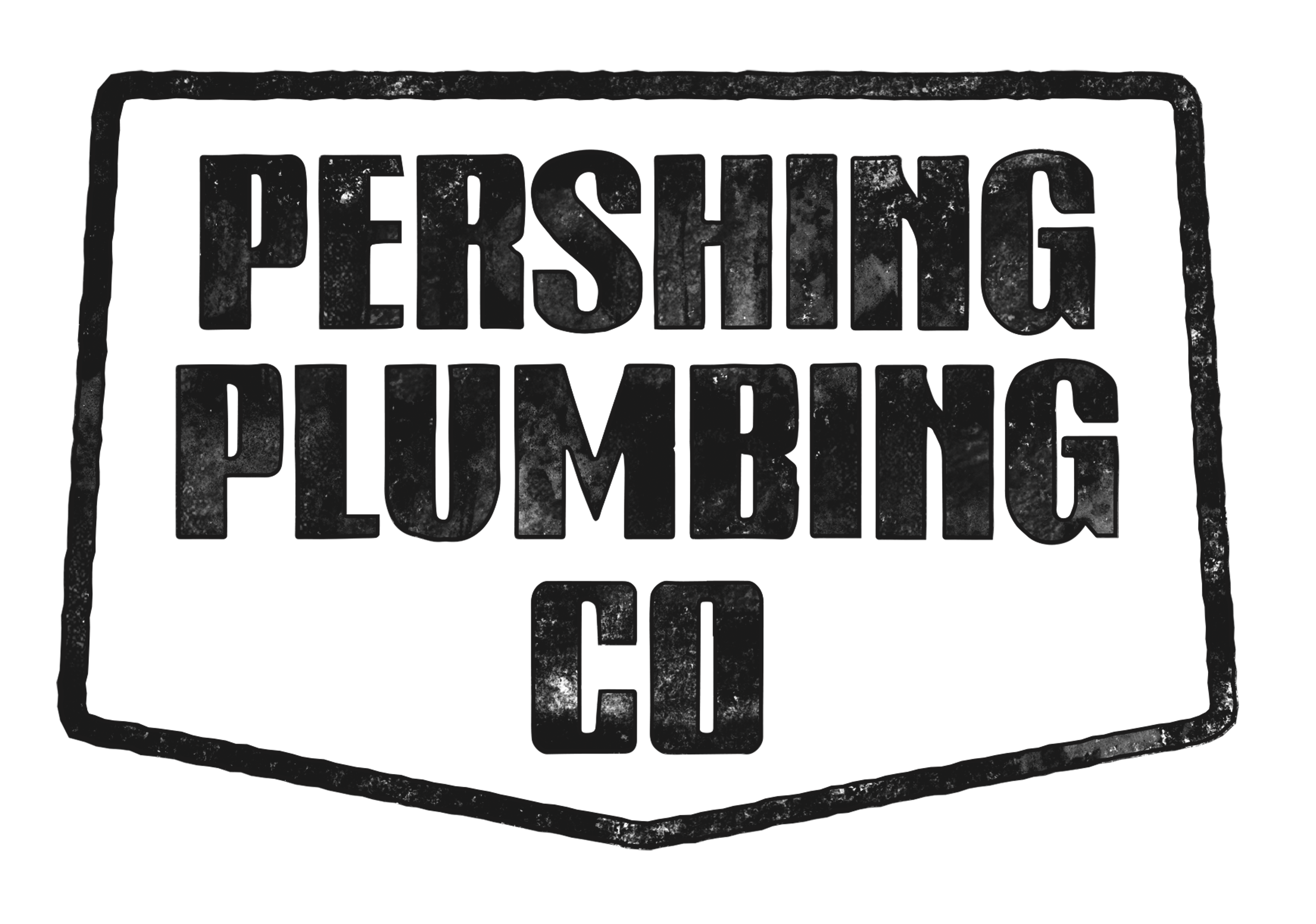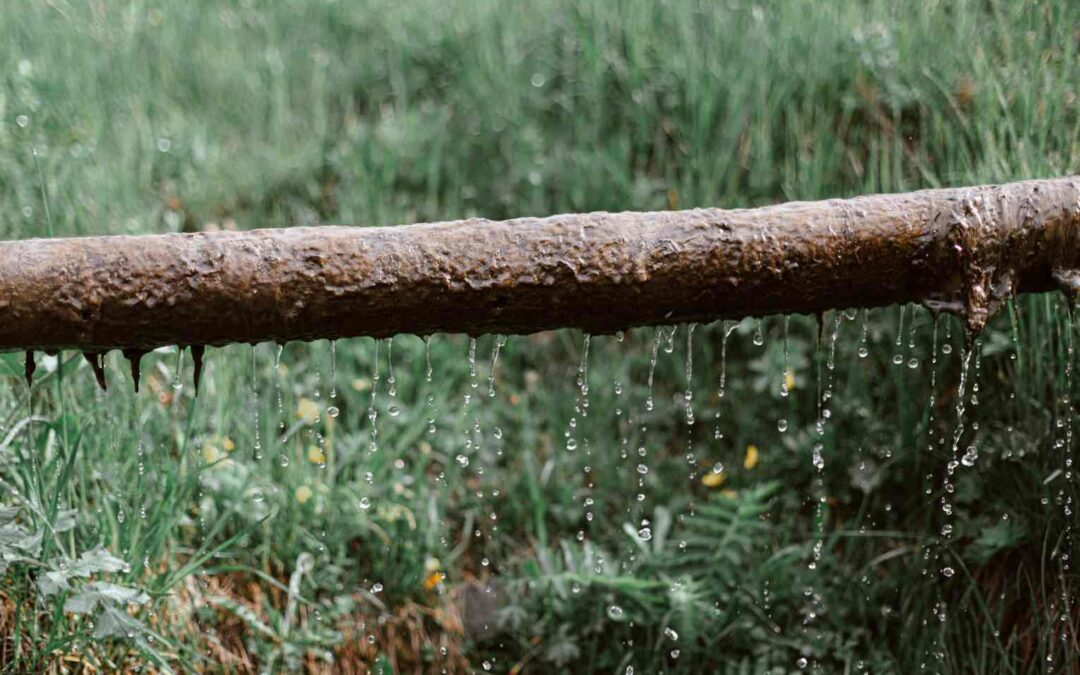No matter how hot or cold it is, extreme temperatures can cause serious damage to your plumbing. Your pipes can burst if they are subject to excessive heat. Conversely, extreme cold temperatures can cause water to freeze and cause expansion.
You don’t want a cold house in Winter, or a lack of water in summer heat. It is important that your pipes run smoothly and are properly insulated to withstand extreme temperatures.
HEAT & HUMIDITY
We can all relate to the sensations of a scorching summer, regardless of where we live. It can be very difficult to do anything in the heat. Your brain will be free to take a refreshing dip in the pool or take a cold shower. A shower is not an option if your pipes burst because of excessive heat.
This is caused by heat trapped in pipes. The pipes expand. Also, heat can affect the water pressure in the burst pipes. This will eventually stop all water flow to your house.
FREEZING TEMPERATURES
The cold weather is perhaps the largest cause of burst pipes. Winter is a time when you need to have a backup plan in case of bursting pipes.
Contrary to popular belief, a burst pipe is not caused by ice growing inside or expansion against the pipe’s wall. Burst pipes are caused by constant freezing and expansion. This then causes an increase water pressure which leads to a complete blockage. The pipe will burst when it encounters unending water pressure. Bursting isn’t always caused by ice blockages. The water doesn’t have a chance of floating upstream and instead bursts in areas with high pressure.
KEEPING YOUR PIPES SAFE
Water freezes when it comes into direct contact with water that is heated. You must prevent this from happening. The best way to prevent pipes freezing is to have the right insulation around them.
Consider where plumbing will be installed in your home. Avoid placing them around exterior walls or attics that are more exposed to freezing temperatures. Instead, place them in warm areas.
Glendale Plumbers may be able re-route pipes that are already in place if you buy a home. You can wrap the pipes with insulation sleeves up to 1-2 inches thick if re-routing your pipes is not an option.
You should seal any cracks or holes within your walls to prevent the cold from entering your pipes.
To prevent your pipes bursting, let your water run. Open your faucet to release some water pressure from any ice blockage between the faucet and the faucet. This causes the bursting.
Even if the pipe is freezing, water pressure will prevent it from burst.
Other precautions can be taken in extreme weather. You should ensure that the heat is on when you leave your home for a vacation or business trip.
It may not save you any money on your next gas bill but turning off the heat too often or lowering it too high can cause pipes freeze and burst. It is important to ensure that your home is warm enough so you don’t have to pay another plumbing bill.
If you are planning on taking longer trips, it may be worth draining your water system to ensure that there is no trace of water and that there is no risk of freezing.
Turn off the main water valve to drain all water sources (faucets, showers etc.)

